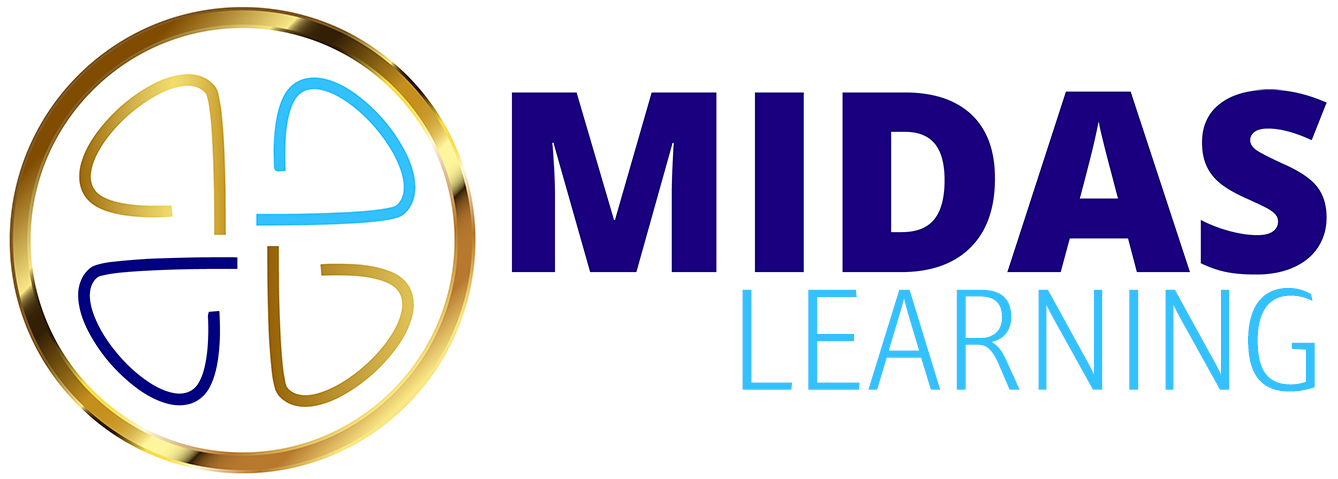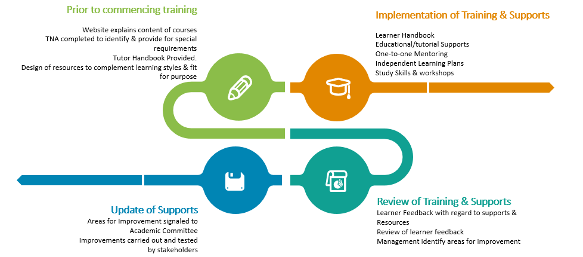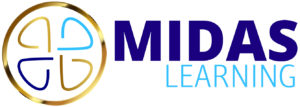MIDAS Learning is committed to maintaining the highest standards of governance and the management of quality systems. It is committed to the active development of an ethos which recognises the importance of quality assurance, ensuring the improvement, enhancement, and the maintenance of the integrity of the service being provided.
The Board of Management and the Academic Committee are responsible for the implementation and maintenance of Governance and Quality Assurance standards throughout the organisation.
The Board of Management has the primary responsibility for corporate governance within MIDAS Learning and the Management Operational Team is responsible for the overall delivery of quality to all stakeholders.



